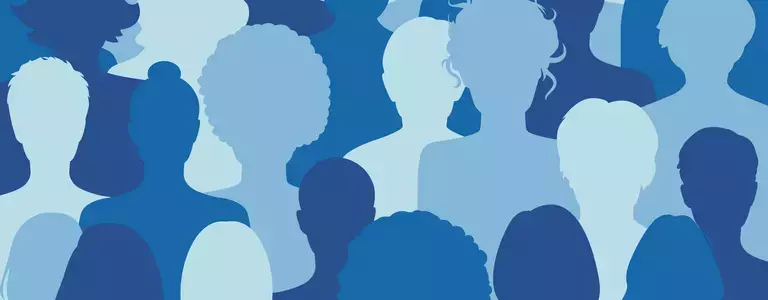
Five Simple Things You Can Do to Use Social Networking Sites Safely
Social networking sites are among the most popular sites on the web today. However, there are also a lot of risks, in terms of malware, privacy, phishing scams, and more. Here are five simple things you can do to protect yourself and use social networking sites safely.
1. Watch out for unusual posts from your friends
Be careful of posts that don’t seem like something your friends would normally write. Be especially careful if they are asking for money, are urging you to click on a link, or tries to get you to install software. If you see this, it’s likely your friend’s account has been taken over by criminals, who are hoping to harm your computer or steal something from you.
Examples of unusual posts might be videos of a wild party (from someone who doesn’t normally go to these kinds of parties or post videos), someone who is stuck traveling overseas and needs money, or a post to a funny or sexy video by someone who doesn’t normally post those kinds of links.
2. Don't download or install any software from social networking sites
If you are browsing a social networking site and are suddenly asked to install software, the simple and safe thing to do is not to install it. A lot of criminals try to trick people to installing software that will harm their computer. These might include saying that you need to upgrade your video software, upgrade Flash, or install some video codec. Don’t install any of these!
3. Don't post sensitive information - assume everyone in the world can see it
People often forget who they have friended in their social network, and sometimes post things that make sense in one context, but are embarrassing or harmful in another context. Examples might include speaking negatively about work (forgetting that co-workers or your boss is in your social network), posting sensitive information about work (just closed a deal with a specific company, or what product you are working on), talking about a hangover, posting pictures of yourself doing illegal drugs, writing negative things about a spouse or significant other (co-workers might perceive this as unprofessional, and friends might view you negatively), or using too much profanity (might be perceived as poor judgment and poor impulse control).
The safe thing to do here is to think before you post. Imagine what your life would be like if your post made it to the front page of your local newspaper. How would you feel? If you would be embarrassed or would regret it, then don’t post it.
4. Don't re-use your social networking site password on other sites
Criminals are increasingly targeting social networking sites, because there are so many people there and because people are more likely to fall for scams that look like they are from friends. To protect yourself, use a unique password for your social networking sites. The reason is that, in case your password is stolen, your other accounts--such as your email, bank, and work accounts--will still be safe.
5. Watch out for fake friend requests
You should also be careful of fake friend requests. Some people create fake profiles with pictures of attractive people, to try to trick you into adding them. Sometimes people do this out of curiosity, but more often it’s because they want to spy on you. The people who do this might be interested in corporate espionage, they might be private investigators trying to dig up dirt on you, or they might be lawyers trying to get evidence of wrongdoing. The safe thing to do here is to not accept friend requests from anyone you have not met in person.